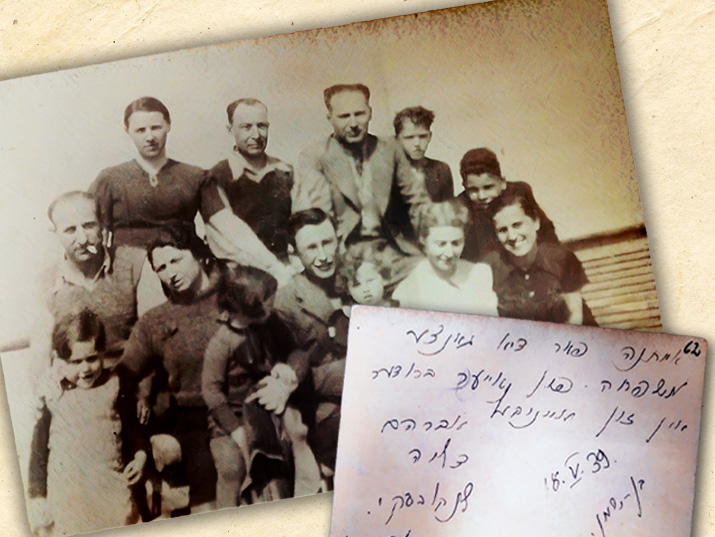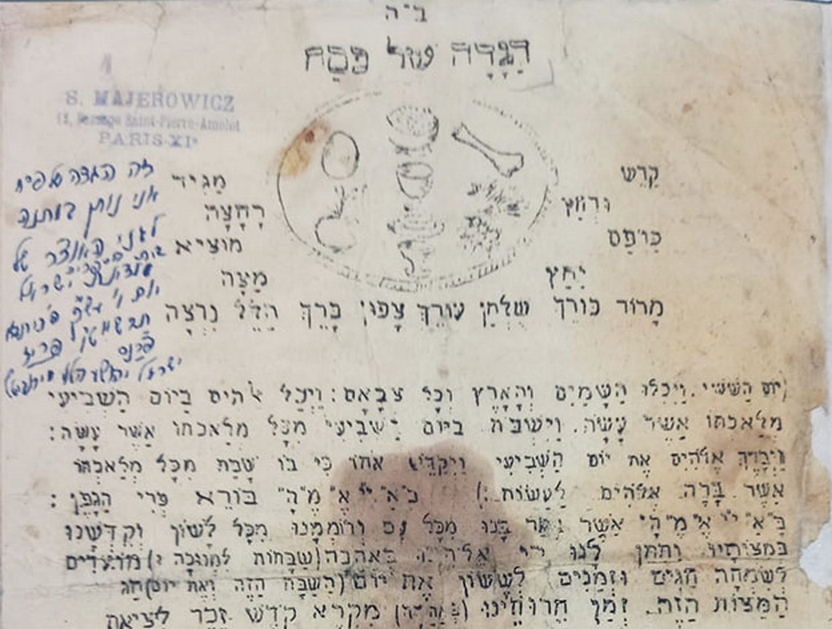The war on words [electronic resource]
Enlarge text Shrink text- Book
How did slavery and race impact American literature in the nineteenth century? In this ambitious book, Michael T. Gilmore argues that they were the carriers of linguistic restriction, and writers from Frederick Douglass to Stephen Crane wrestled with the demands for silence and circumspection that accompanied the antebellum fear of disunion and the postwar reconciliation between the North and South. Proposing a radical new interpretation of nineteenth-century American literature, The War on Words examines struggles over permissible and impermissible utterance in works ranging from Thoreau's "Civil Disobedience" to Henry James's The Bostonians. Combining historical knowledge with groundbreaking readings of some of the classic texts of the American past, The War on Words places Lincoln's Cooper Union address in the same constellation as Margaret Fuller's feminism and Thomas Dixon's defense of lynching. Arguing that slavery and race exerted coercive pressure on freedom of expression, Gilmore offers here a transformative study that alters our understanding of nineteenth-century literary culture and its fraught engagement with the right to speak.
| Title |
The war on words [electronic resource] : slavery, race, and free speech in American literature / Michael T. Gilmore. |
|---|---|
| Publisher |
Chicago : University of Chicago Press |
| Creation Date |
c2010 |
| Notes |
Description based upon print version of record. Includes bibliographical references and index. English |
| Content |
Front matter -- Content -- Acknowledgments -- Introduction -- Part I: Slavery, Race, and Free Speech -- Part II: Antebellum -- Part III: Antebellum/Postbellum -- Intertext: "Bartleby, the Scrivener" -- Part IV: Postbellum -- Timeline -- Notes -- Index |
| Extent |
1 online resource (342 p.) |
| Language |
English |
| National Library system number |
997010714501005171 |
MARC RECORDS
Tags
- American literature 19th century History and criticism.
- American literature 20th century History and criticism.
- Slavery in literature.
- Race in literature.
- Style, Literary Social aspects United States.
- Literature Style
- nne Style, Literary
- Enslaved persons in literature
- nne Slavery and slaves in literature
Have more information? Found a mistake?

 Sign in with Google
Sign in with Google
 Sign in with Facebook
Sign in with Facebook



